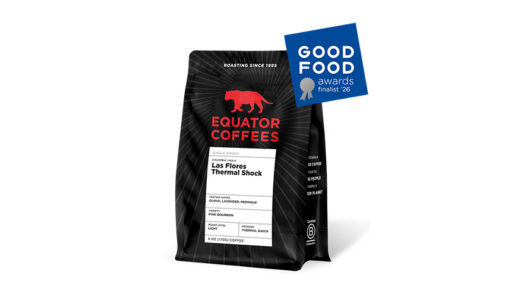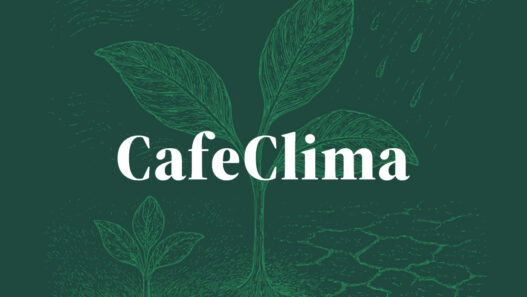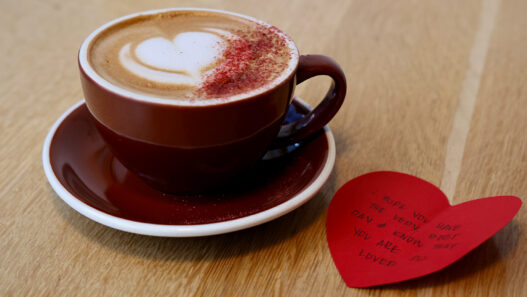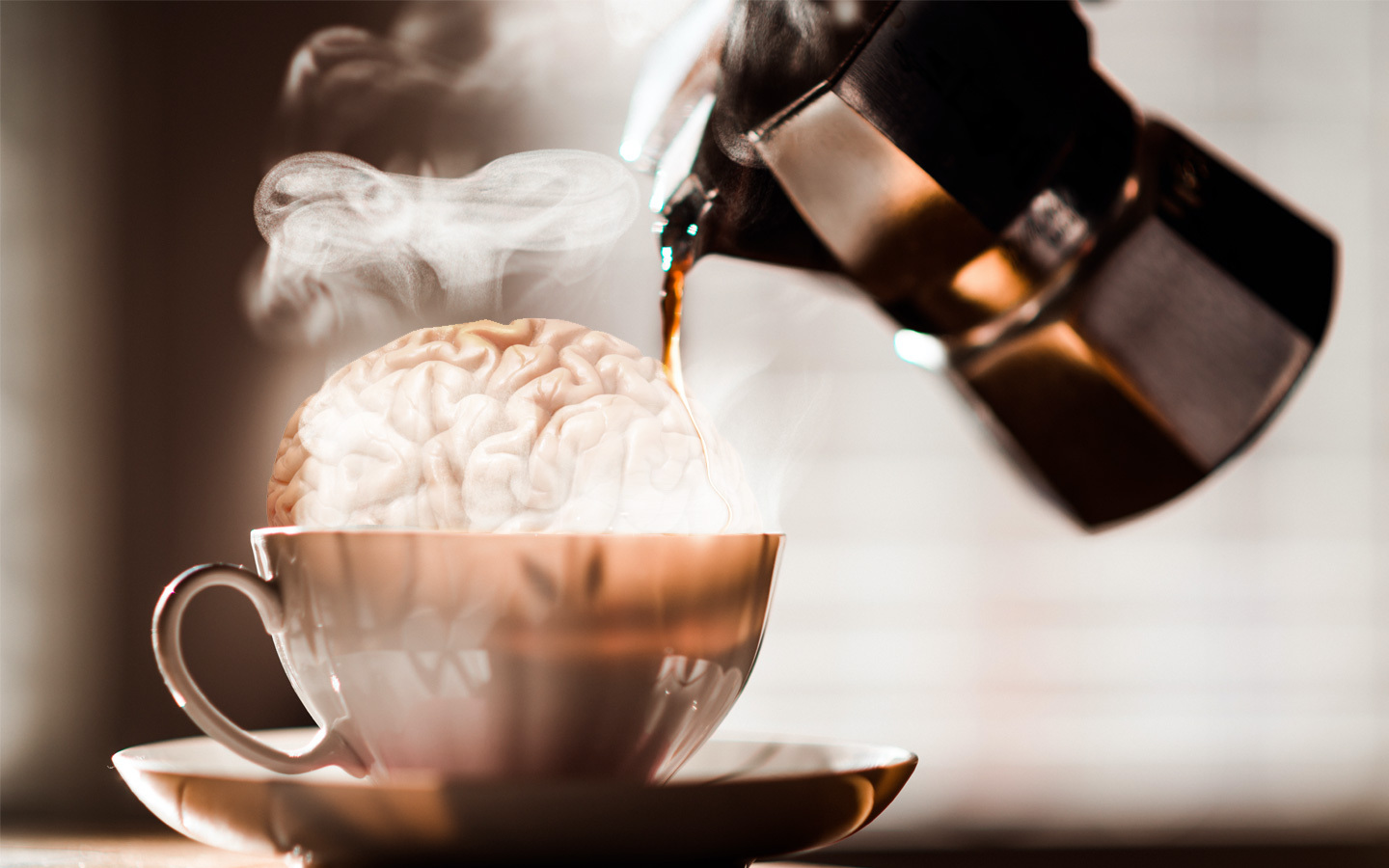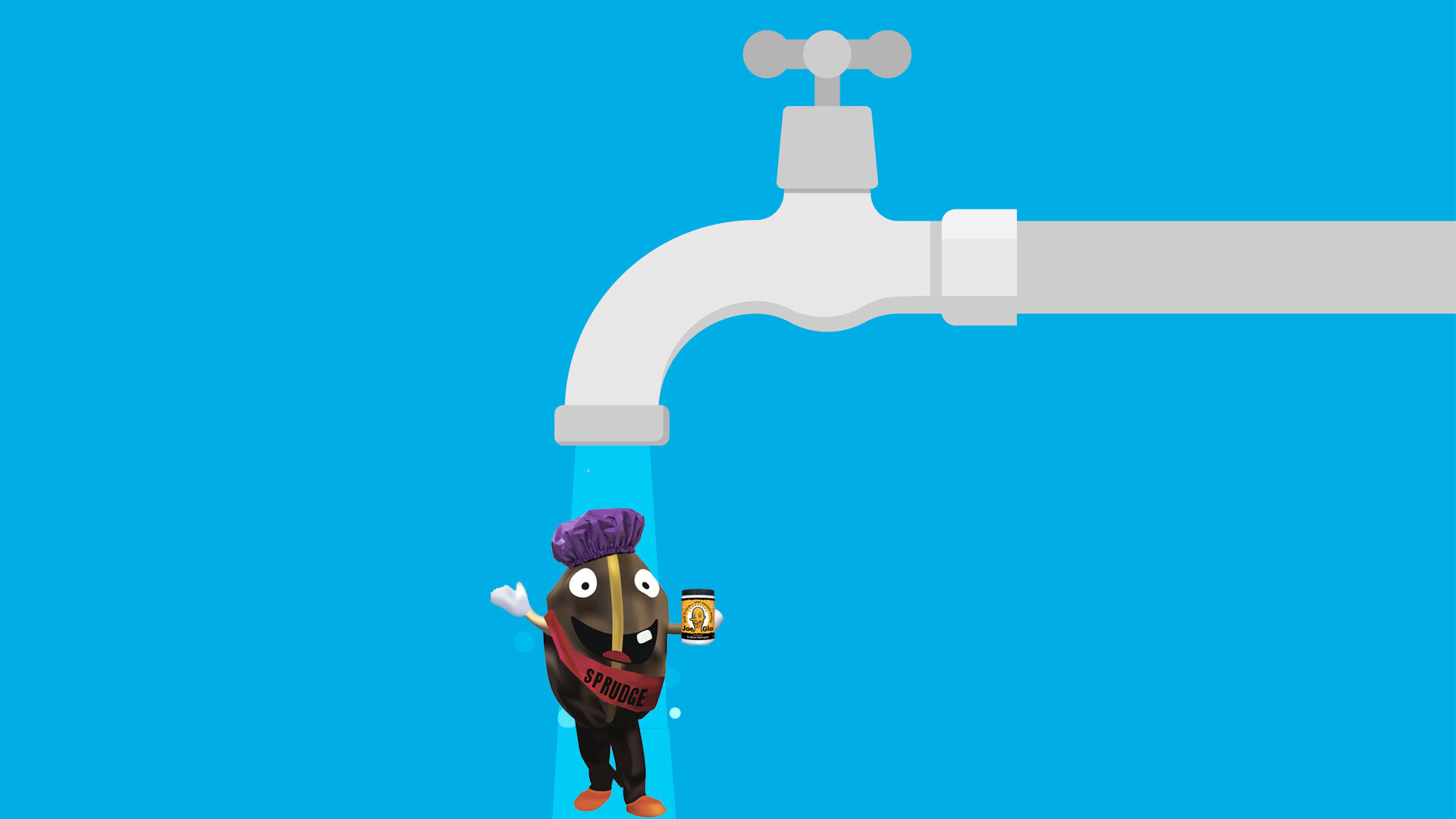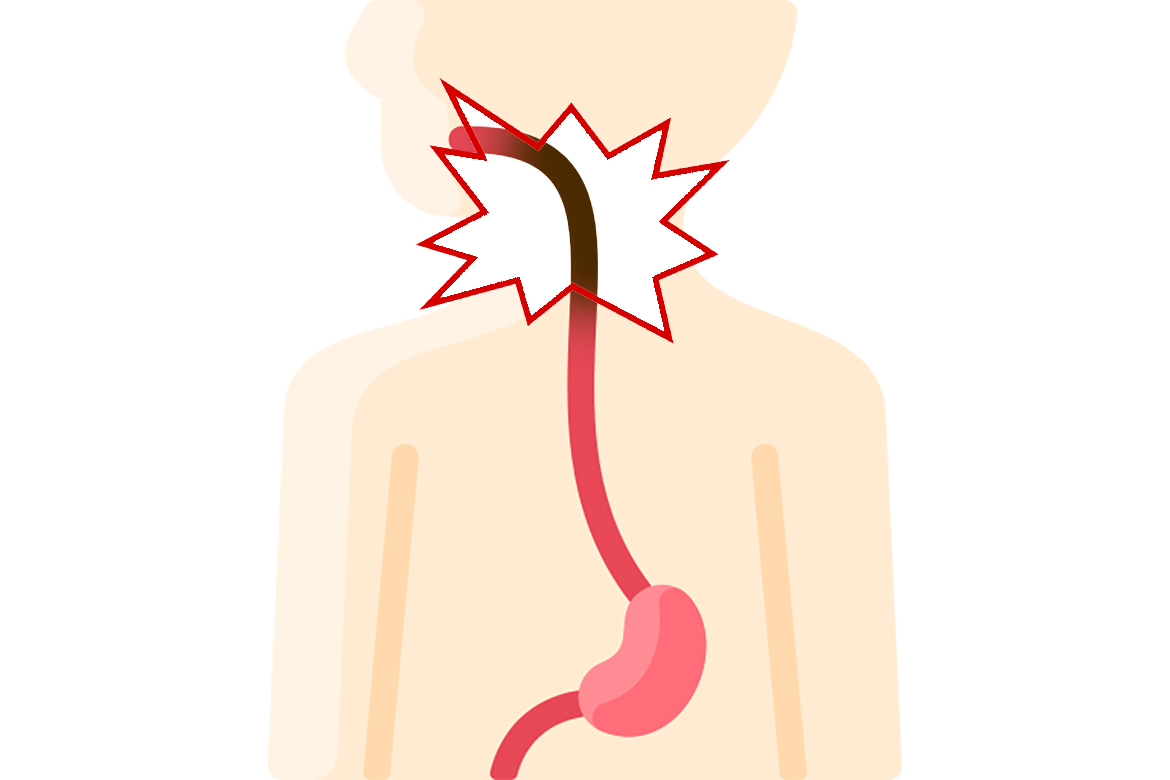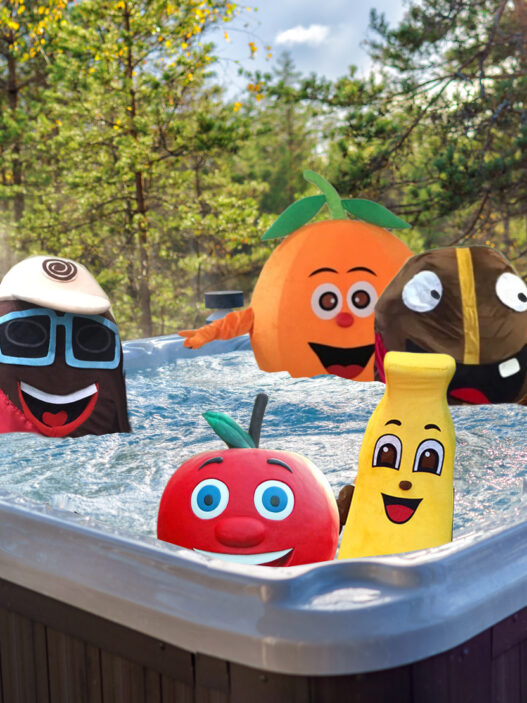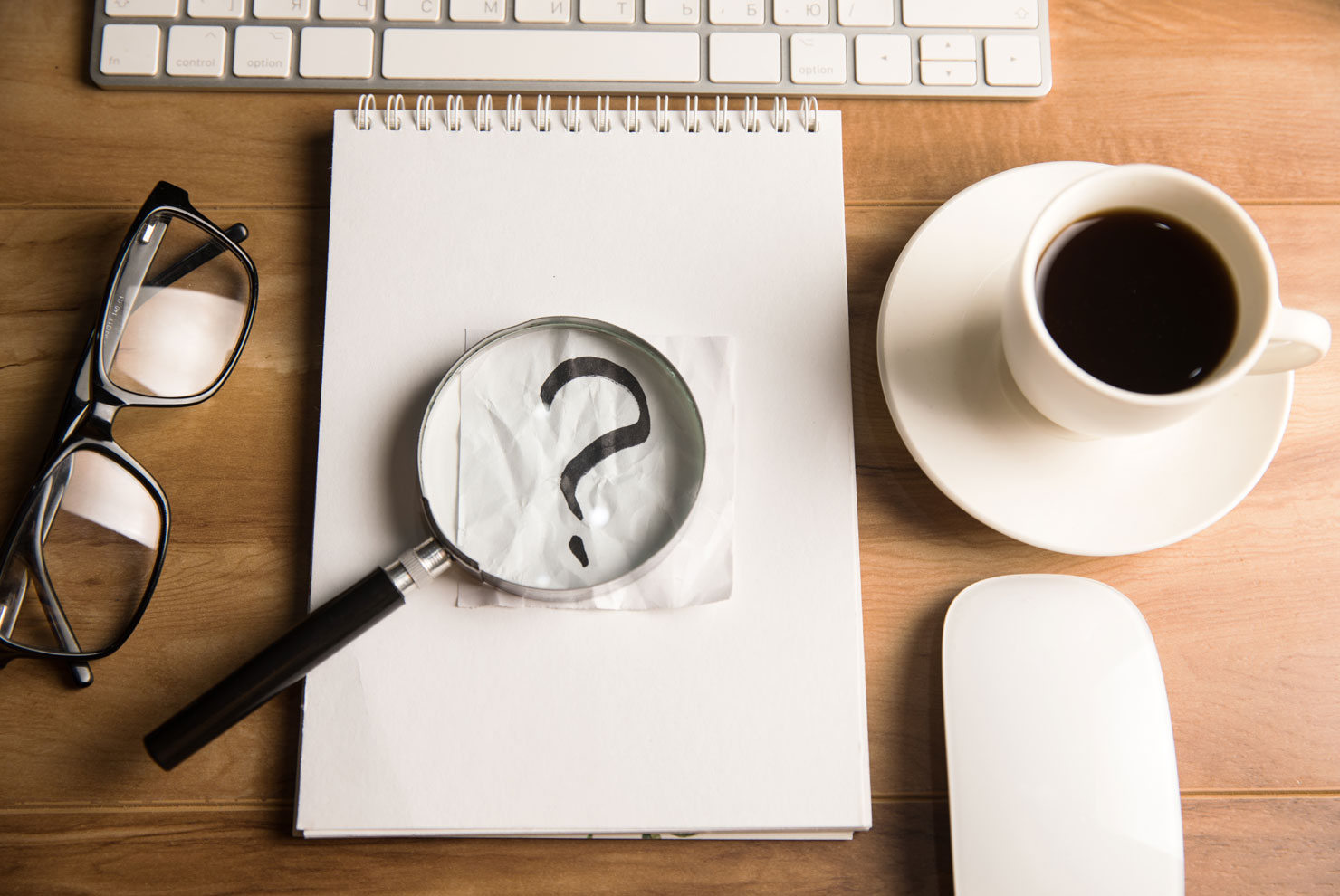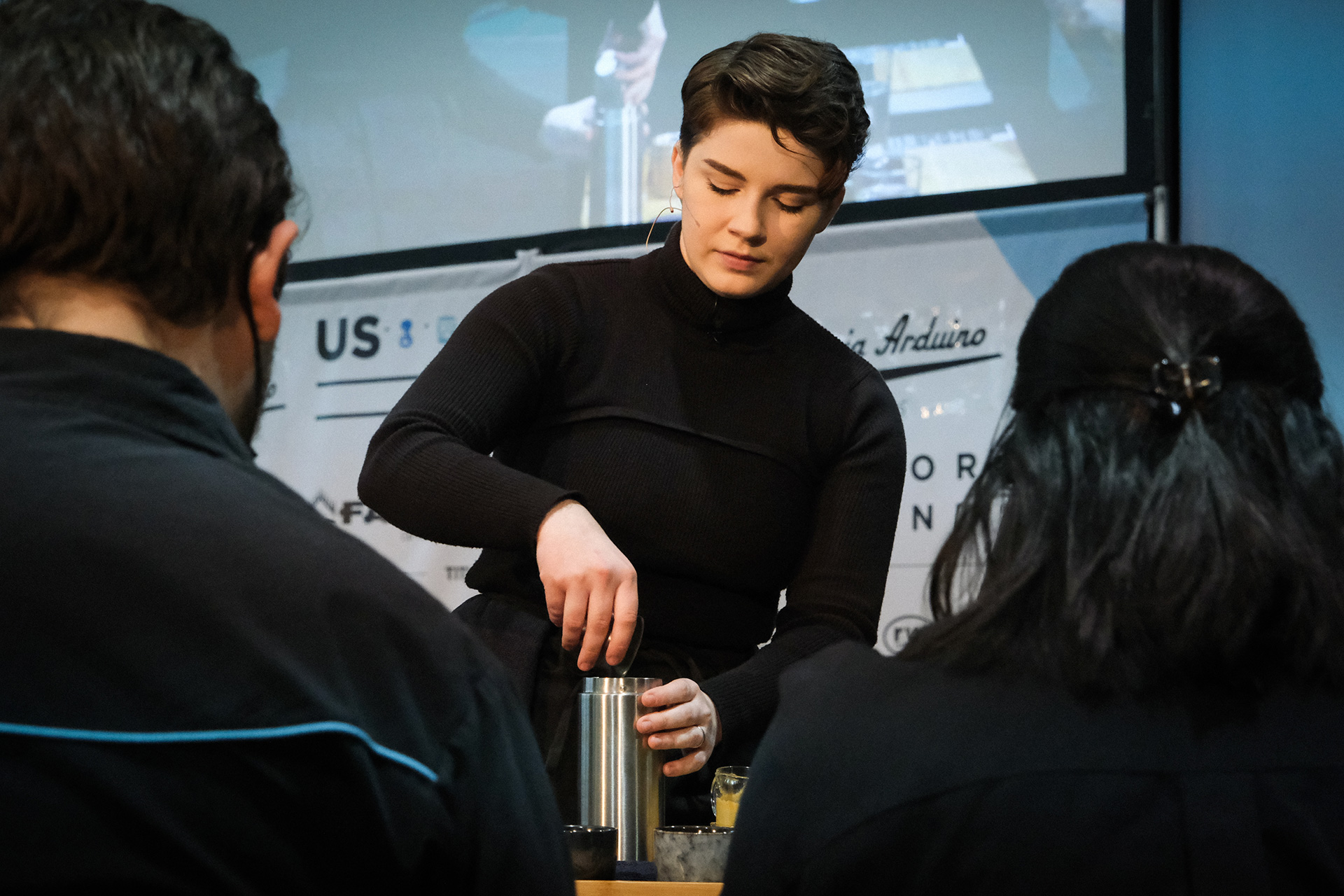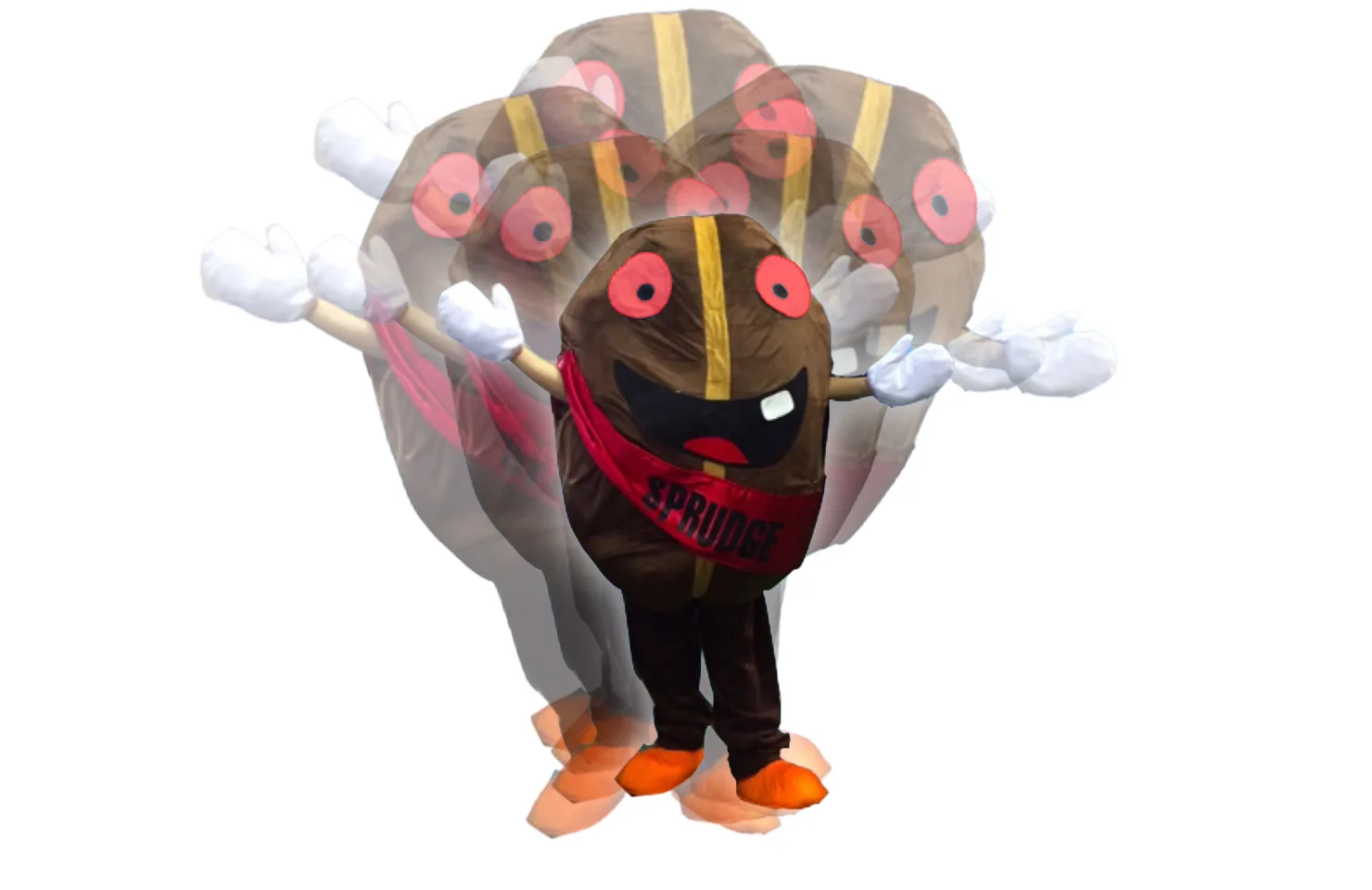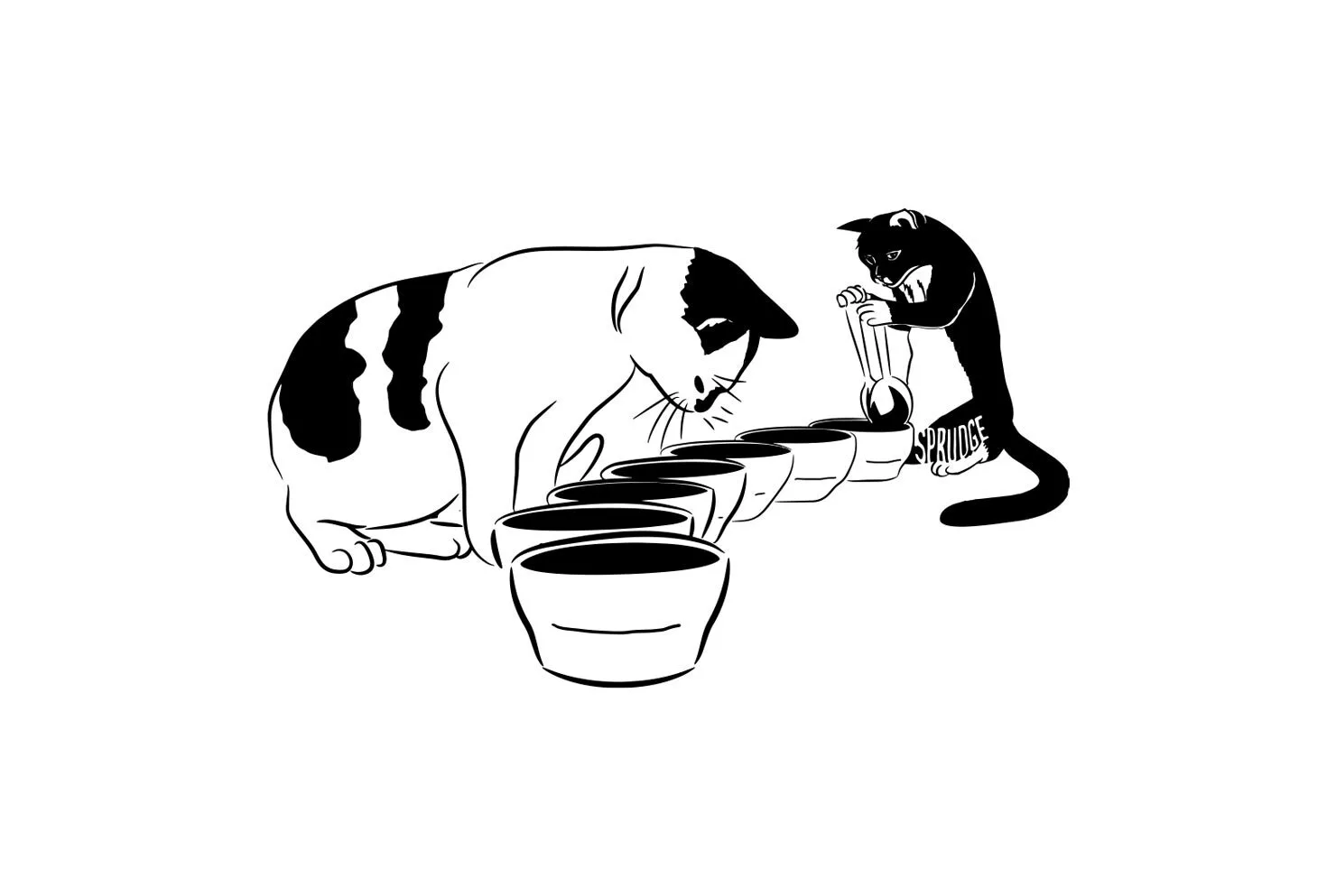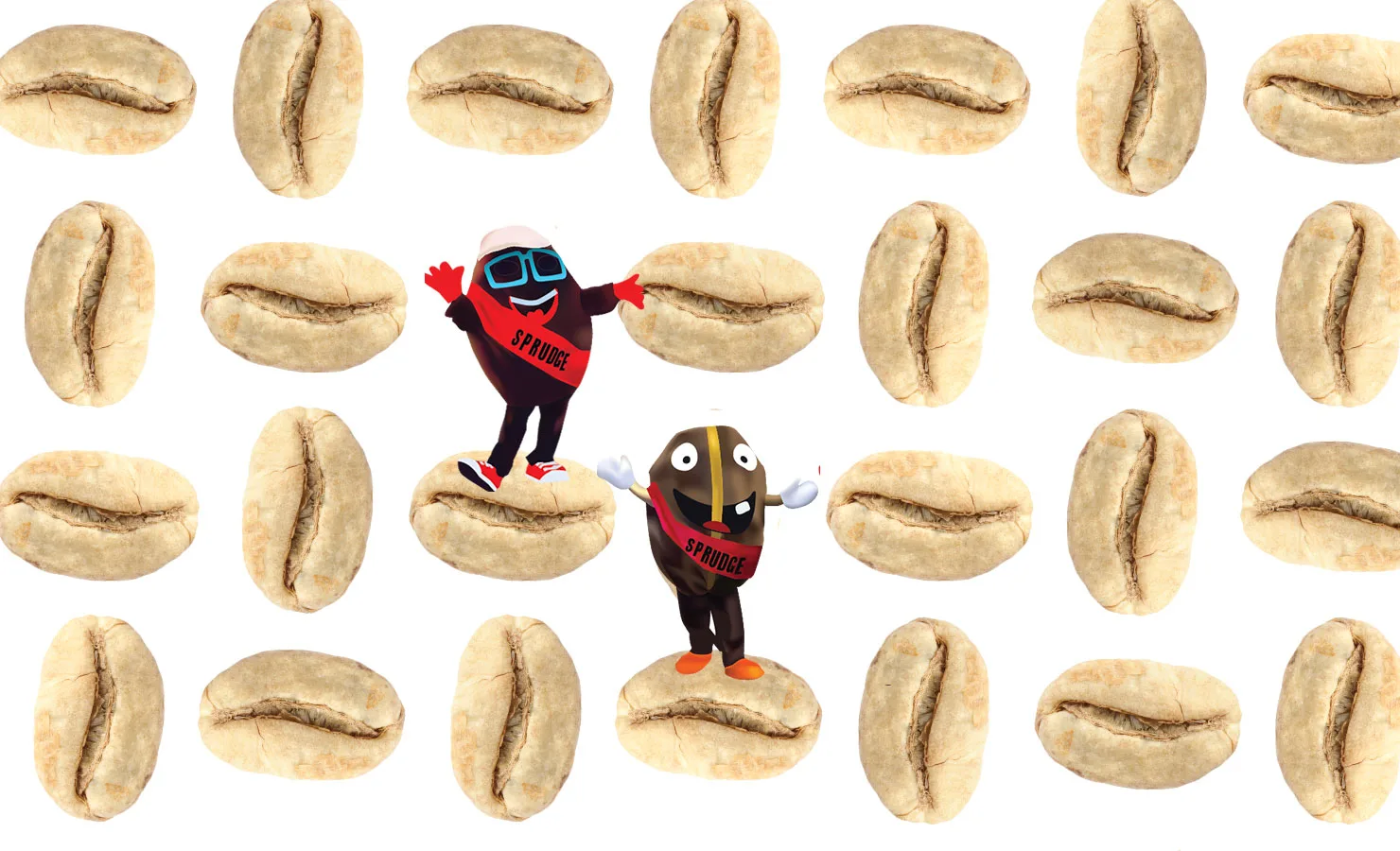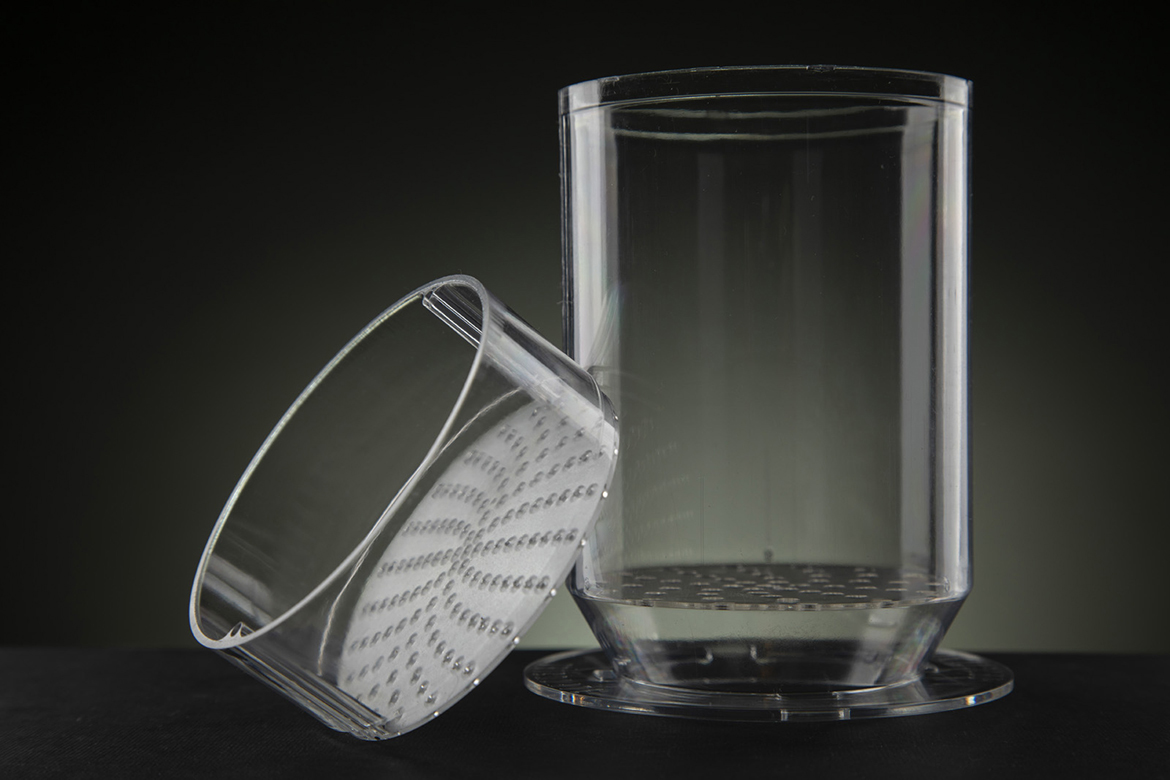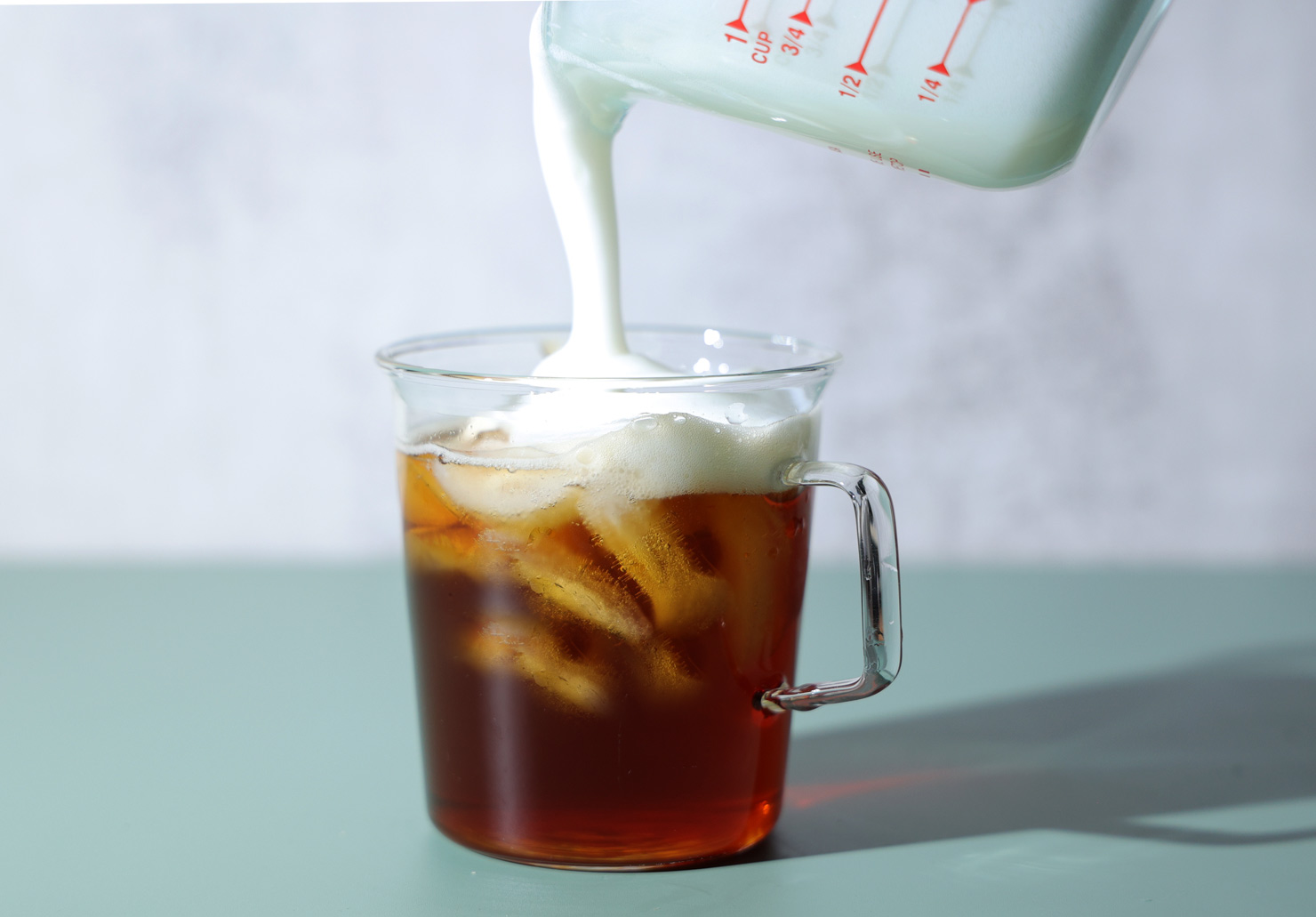Can I brew coffee with tap water?
Well, sure! Water is wet, isn’t it? But if you’re wondering if you can brew delicious coffee with just any old wet water, the sad answer is no—at least not for everyone. Whether or not the water from your tap will produce good results depends upon your own municipality and water source, as all tap water is not created equal. Some places are lucky enough to have tap water that makes for great coffee brewing. Other places need to think a little more about the water they’re using in order to brew a delicious cup.
What sort of tap water would be best to brew coffee with, then?
To begin with, water needs to be the right level of “softness”—that is, not too hard (and full of mineral deposits that interfere with extraction) and not too soft (and lacking mineral deposits that benefit extraction). You’re looking to hit that sweet spot where minerality—specifically calcium carbonate, pH, and other factors—are in just the right range to extract coffee’s solids optimally, without neutralizing any of the flavors or acidity that make coffee so enjoyable.
If you’re feeling scientific, the SCA offers this list of standards for ideal coffee-brewing water.
So how do I know if my tap water is bad at brewing coffee?
Basic internet research can be a good place to start learning about the local water if you live in a big enough city, but there are many other ways you can determine whether your home tap water is a candidate for brewing good coffee.
Naturally, odor is the first place to start. If your tap water has a naturally chlorine-y odor or gives off a strong eggy smell, those are obvious tells that you’ll be imparting unwanted flavors to any coffee you brew with that water. If you’re curious about the hardness of your water, you can perform a simple test by filling a bottle partway with tap water and adding a few drops of dish soap. Shake the bottle up—if it’s very foamy, your water is not too hard, but if there’s hardly foam at all, you have hard water.
One can also purchase inexpensive test kits to find out more about the quality of their tap water, or if they know a coffee geek in real life, one could invite that person over to measure the total dissolved solids (TDS) of their water. (This is some people’s idea of a good time.)
But since there are any number of factors within tap water that can affect your coffee’s flavor, one of the best ways to judge the brewing quality of tap water is simply to perform a taste test. Brew the same coffee in the same brew method using your tap water alongside a brew with coffee-optimized water, such as what you might find at your favorite third wave cafe, or perhaps water that you’ve treated at home using a commercial product from brands like BWT or Third Wave Water. If none of those options are available, a bottle of filtered or spring water works fine, but don’t use distilled water, which lacks the beneficial minerals you want to help extract flavor.
Tasting your tap water up against a water that’s already been proven to be good for coffee will both show you how big a difference the “good” water makes versus your tap water—and, most importantly—it will help you decide whether your palate is disc riminating enough that you actually care.
What are some drawbacks to brewing with tap water besides flavor?
Subjecting coffee-brewing equipment to very high minerality/hard water can lead to a buildup of those minerals within the brewer itself. This is especially problematic for automatic drip machines which have a network of reservoirs, tubes, and nozzles, as opposed to, say, an all-glass Chemex, which might just develop a nice patina. But it’s always a good idea to clean and descale coffee equipment regularly, especially if you live in an area with known hard water.
What can I do to improve my brewing at home if my tap water sucks?
The simplest thing to do is simply filter any water you use for making coffee, and a filtering pitcher or inline faucet filter will do a totally fine job for most people. Restrict your brewing to using only the filtered water, and rest assured you’ll be enjoying a better flavor profile as well as preserving your equipment for the long run.
However… a basic home filter may not do the trick for everybody, especially those in cities like London or Copenhagen with known very hard water. The team at The Coffee Collective explain this in their updated 2022 book “The Fundamentals of Excellent Coffee”:
“The most common water filters [carbon or ion exchange] to reduce problems with water hardness only remove the calcium ions, which helps prevent the buildup of limescale in coffee equipment. Unfortunately, these filters do not remove the specific part of the calcium carbonate that neutralises the acids, namely the carbonate and bicarbonate ions… Alas, it’s the carbonate ions that neutralize acids in the coffee, taking the liveliness and delicate aromas with them.”
To remedy this particular quirk, the Coffee Collective team suggests an ingenious addition of a little food-grade citric acid or lemon juice (or even a dash of vinegar) to your brewing water to counteract the calcium carbonate and bicarbonate ions.
Or, you know, you can just buy a good spring water at the store—but what’s the fun in that?!
Liz Clayton is the associate editor at Sprudge Media Network. Read more Liz Clayton on Sprudge.




